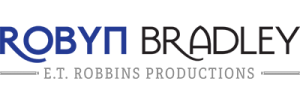Word Confusion: “Irregardless, I Could Care Less”
Dear Copy Bitch: My girlfriend says that when I say something like “Irregardless of what you think, I’m really a sensitive guy,” that I’m wrong and the word is “regardless.” Who’s right?
—Betrothed in Sioux City
Answer: Dear Betrothed…in this case, your girlfriend is right, at least regarding the word “irregardless” (Madame Copy Bitch makes no claim about your sensitivity one way or the other). Use “regardless.”
Here’s another phrase that confuses many: “could care less” vs. “couldn’t care less.” The proper use is “couldn’t care less.” For example, “I couldn’t care less about George’s supposed ‘other’ woman.”
UPDATED IN 2017: I learned something new. “Irregardless” IS a word. But it probably doesn’t mean what you think. And you probably shouldn’t use it. Here’s the explanation.
